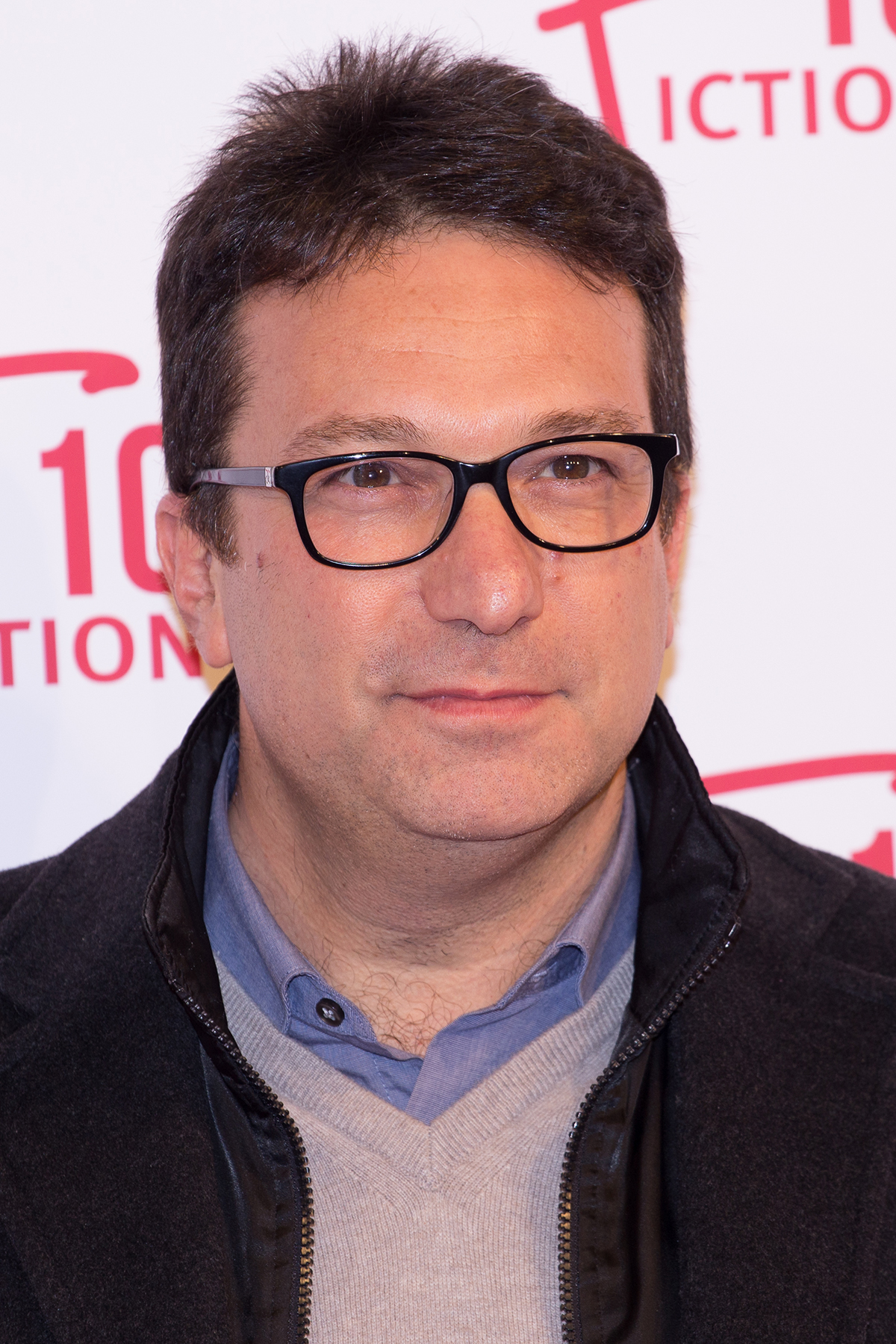
- Interviews
Paolo Buonvino – Composing “Fatima”
After speaking for a few moments with Paolo Buonvino, it becomes clear why music had to be his language of choice. He speaks about notes and rhythms with such reverence and detail that there can be no doubt about the significance this art has in his life. Buonvino believes music has a deeper reach than words. He thrives on it and his goal is to share its power with audiences around the world. With a prolific career as a film composer and prizes in his pocket, namely the David di Donatello in 2008 for the music of Quiet Chaos, music has always been his ally. Recently, Buonvino was approached to create the score for Fatima. He accepted the challenge, motivated by the thought that this project would, most certainly, lead him through a spiritual journey. We asked him about it.
You constantly have several projects coming your way, why the choice of going forward with the score for the movie Fatima?
I was introduced to the director (Marco Pontecorvo) through the editor of the movie (Alessio Doglione), whom I had worked with in the past. After a few conversations about the project, I realized this could be a chance to make music in a way that connected me to the most intimate part of my artistic self. Even though Fatima is a religious story, the movie’s angle goes beyond that. It focuses on even wider human values, the ones that ultimately bring us all together as one. That intrigued me.
How long did it take you to complete the score?
A long time, almost a year. It was a very collaborative project. After completing the music for some scenes, I adapted them to the images that had been shot. However, some scenes were also shortened or elongated because of the music. It was very symbiotic. There was no artistic hierarchy, there was communion.
Do you have a specific work method through which you create your scores?
I get familiarized with the story and the images, but then I detach myself and dive into my own self. The goal is to find within me what defines those concepts the best through sound. By prescinding from the images, I demand my own simplicity to emerge. It’s about getting rid of the superfluous and understand what of others is as a part of me. It’s meditation. In Fatima’s case, my goal was to reach the peace and freedom young Lucia felt while confronted with the apparitions of the Virgin Mary and convey it through music. Inspiration arrives when we least expect it, but you need to be in your workplace when it happens, otherwise, it’s gone. For that reason, I try to have some discipline and routine when it comes to work hours. We get to the result by doing and being present.
What do you believe are your major music influences?
Sicily. That’s where I am from and that is what influences my music the most. It’s an island with such an eclectic nature. The Sicilian dialect has words from almost every culture, even from the Phoenicians. That mindset allowed my scores to have diversity in them. Consciously or not, I have always embraced that in my music.
Is that why Fatima’s score ends with a choir piece in 16 different languages?
Most probably. That piece, Gratia Plena, encompasses quite well the message of the movie. We invited Andrea Bocelli to lead the piece with a choir of children that sang in 16 different languages. Even though the story of Fatima is connected to Catholicism, there are some verses sung in Arabic and Hebrew. These two languages are mostly connected to Islam and Judaism, but that was precisely the point. We wanted to convey the humanity of the story and how hope, honesty, and virtue can set us free and bring us peace. At the end of the day, we are all one.
How do you see the future of film scoring?
I am optimistic, even though I realize we live in a time of intense transformation. There is a risk of music overdose. With the democratization of technology, there is a lot being done. That has positive aspects, but also some negative ones. It’s probably harder to get to what is meaningful. However, I believe that in some way public consciousness is attracted to its own cure. For example, audiences could be consuming standardized music for a while, but at some point, they get drawn to something really subtle and complex. It’s a detox. I remember, a few years ago, hearing the news about a classical pure Gregorian chant album being on the top of the charts. That’s a great example. Intimately, we know what is good. That gives me hope.

